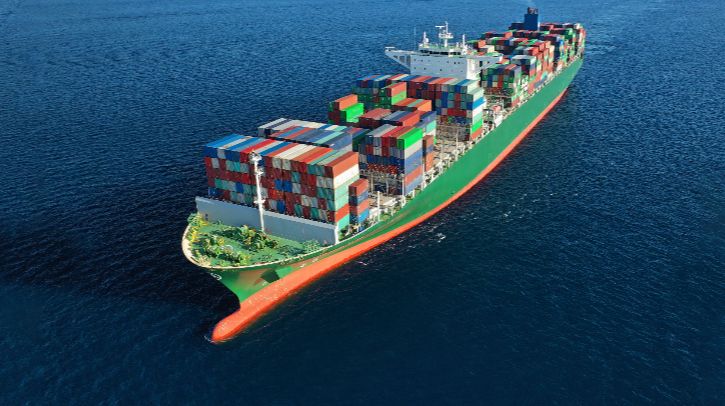DHL Global Forwarding and Henkel have announced that they are to expand the sustainable marine fuel partnership they started last year in a pilot, as the companies look to advance their logistics decarbonization activities.
In the new phase of their collaboration, ocean carriers will use waste- and residue-based maritime fuels (known as sustainable marine fuel, or SMF) on behalf of DHL Global Forwarding. DHL will then allocate the resulting emissions reductions to Henkel through the Book & Claim system.
Book & Claim enables DHL to replace fossil fuels with sustainable alternatives across its network and assign the environmental benefits to paying customers – even if their shipments are not physically transported using assets powered by those fuels.
DHL Global Forwarding will use SMF for the majority of Henkel’s ocean freight volumes.
Amanda Rasmussen, chief commercial officer at DHL Global Forwarding, said, “By combining Henkel’s ambitious climate strategy with our sustainable logistics solutions, we are demonstrating that progress toward decarbonizing supply chains is possible today. We hope this agreement will inspire other companies to transition to low-emission transportation services using sustainable marine fuel.”
According to DHL, using SMF will reduce greenhouse gas emissions on a well-to-wake basis by approximately 4,700 metric tons of CO2e – equivalent to a reduction of around 85% of greenhouse gases on the main haul compared with conventional marine fuel. The emission reductions will be verified by SGS, an independent certification body.
“Working with DHL Global Forwarding on sustainable transport solutions is an important part of our strategy to reduce emissions within our logistics processes,” said Ondřej Slezáček, global category manager for sea and air freight at Henkel. “Simultaneously, it helps accelerate the overall transition to low-emission logistics in our industry.”
This initiative builds on a 2024 project in which Henkel and DHL Global Forwarding piloted SMF on a selected part of Henkel’s volumes.
The two companies are also working on other sustainability projects to reduce greenhouse gas emissions, for example, through transportation mode optimization and shipment consolidation.
In related news, Sanmar launches dual-fuel methanol escort tug



